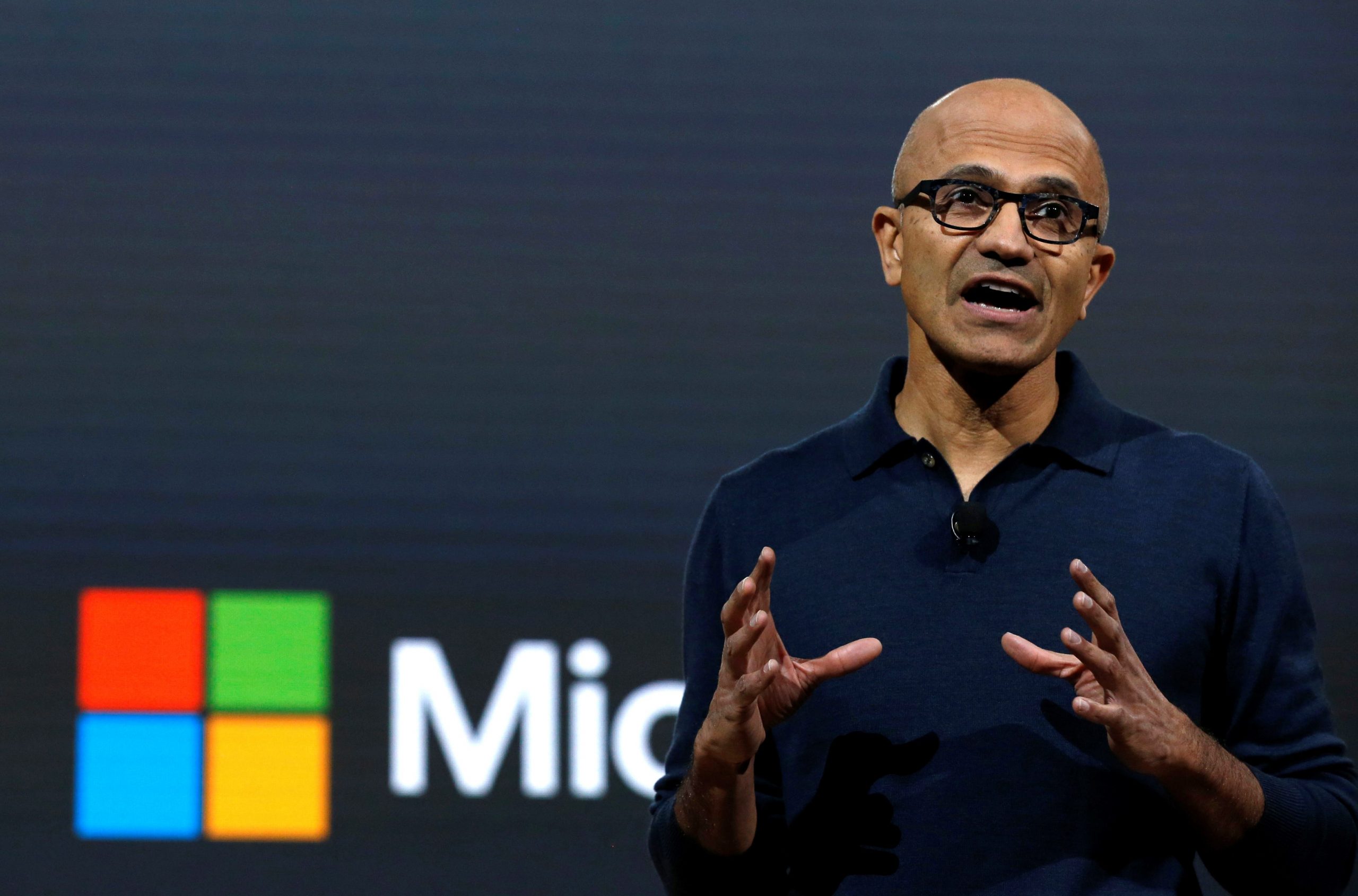
Reuters/Lucas Jackson
- Microsoft research found that endless video calls without breaks can trigger stress and reduce focus.
- The research suggested short breaks helps your brain reset between meetings.
- In response, Microsoft said it had launched a new Outlook feature that sets shorter meetings by default.
- See more stories on Insider's business page.
Microsoft on Tuesday published research confirming that back-to-back virtual meetings can make you stressed and distracted at work.
For the study, researchers at Microsoft asked 14 people to take part in video calls over two days while wearing electroencephalogram (EEG) equipment – a cap which monitors brain activity.
The 14 people had four half-hour meetings back-to-back one one day, and on the other day they had 10-minute breaks between meetings. They used meditation app Headspace during these breaks.
No breaks led to a spike in stress levels, especially in the transition between calls, when people were finishing their current meeting and joining another.
Read more: 22 companies Microsoft is most likely to acquire next
Having breaks between the meetings meant the participants' brains could reset, focus, and engage, researchers who interpreted the brain activity data said.
In response to the data, Microsoft said it had launched a new Outlook feature that encourages people to set shorter meetings and take breaks between each one.
"The antidote to meeting fatigue is simple: taking short breaks," the report said.
Default settings on Microsoft Teams now start meetings five minutes after the hour, rather than on the hour, giving people a natural break between calls.
"Our research shows breaks are important, not just to make us less exhausted by the end of the day, but to actually improve our ability to focus and engage while in those meetings," Michael Bohan, senior director of Microsoft's Human Factors Engineering group, said in the report.
"Try not to use that five or 10 minutes to squeeze in some other kind of work," Bohan said. "Catch your breath and take a break away from your screen."
